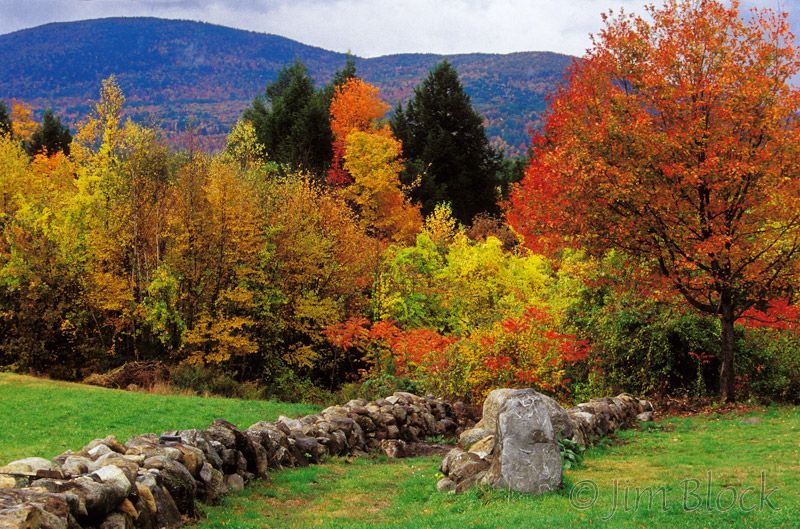
Autumn has just begun in the Northern Hemisphere. It’s the most interesting season, for me at least, and it has its own feeling. It’s hard to put words to that feeling. Hart Crane, about a century ago, wrote Fear:
The host, he says that all is well
And the fire-wood glow is bright;
The food has a warm and tempting smell,-
But on the window licks the night.
Pile on the logs… Give me your hands,
Friends! No,- it is not fright…
But hold me… somewhere I heard demands…
And on the window licks the night.
Joy Williams, in one of the essays in her book Ill Nature, suggests that the night licking at the window is Autumn itself (Austin Kleon noticed that first).
Autumn, and its feelings and traditional practices around harvest and preparation for a harsh winter, all evoke old time. Time that was marked by the things around us: seasons, dawn, dusk, and temperature. Today, time is clock time, which Lewis Mumford talked about in his 1937 book Technics and Civilization:
“When one thinks of the day as an abstract span of time, one does not go to bed with the chickens on a winter’s night: one invents wicks, chimneys, lamps, gaslights, electric lamps, so as to use all the hours belonging to the day. When one thinks of time, not as a sequence of experiences, but as a collection of hours, minutes, and seconds, the habits of adding time and saving time come into existence.”
He explained what he meant by “abstract time.” It resulted from the invention of clocks:
“Abstract time became the new medium of existence. Organic functions themselves were regulated by it: one ate, not upon feeling hungry, but when prompted by the clock: one slept, not when one was tired, but when the clock sanctioned it. A generalized time-consciousness accompanied the wider use of clocks: dissociating time from organic sequences….”
Our rituals today are daily rituals; people even write books about daily rituals. But even the people who focus on “productivity,” which seems like the antithesis of Autumn, recognize the difference in our new abstract time. Matt Thomas writes about productivity, but also wrote “…fall for me also means some of the stereotypical stuff: apple picking, leafy walks, we’re even trying to go to a corn maze this year.”
Autumn has its own scents: leaves, wood fire, apples, weathered wood. Fainter smells that hint at snow, and suggest warmth — not here but somewhere a long walk away. There’s something about the air in Autumn that diffuses the light a bit differently, and softens the sounds. Those belong to the season too: dry leaves rustling on their branches and as you walk through them wearing your old leather boots. The water running in streams somehow manages to sound chillier.
Autumnal things no longer retain the gleam of newness. Their patina is softer, worn with years of use and many seasons of weather, like the old stones in careless walls surrounding now-overgrown fields. The daylight becomes more horizontal, and embraces the colors we deeply understand as Autumn. It has its own feeling. It’s hard to put into words.
